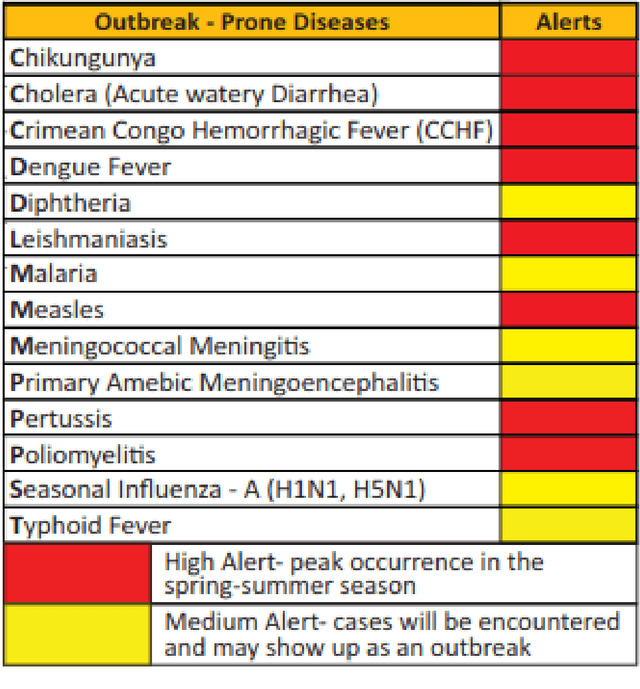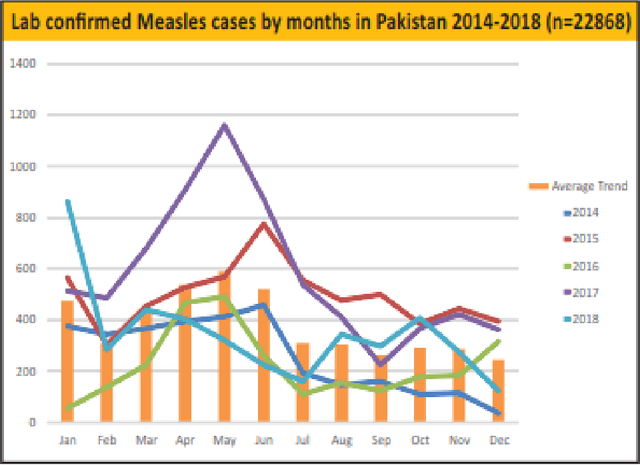Muhammad Nasir
Riverine Flood Prediction and Early Warning in Mountainous Regions using Artificial Intelligence
May 24, 2025Abstract:Flooding is the most devastating phenomenon occurring globally, particularly in mountainous regions, risk dramatically increases due to complex terrains and extreme climate changes. These situations are damaging livelihoods, agriculture, infrastructure, and human lives. This study uses the Kabul River between Pakistan and Afghanistan as a case study to reflect the complications of flood forecasting in transboundary basins. The challenges in obtaining upstream data impede the efficacy of flood control measures and early warning systems, a common global problem in similar basins. Utilizing satellite-based climatic data, this study applied numerous advanced machine-learning and deep learning models, such as Support Vector Machines (SVM), XGBoost, and Artificial Neural Networks (ANN), Long Short-Term Memory (LSTM) networks, and Gated Recurrent Units (GRU) to predict daily and multi-step river flow. The LSTM network outperformed other models, achieving the highest R2 value of 0.96 and the lowest RMSE value of 140.96 m3/sec. The time series LSTM and GRU network models, utilized for short-term forecasts of up to five days, performed significantly. However, the accuracy declined beyond the fourth day, highlighting the need for longer-term historical datasets for reliable long-term flood predictions. The results of the study are directly aligned with Sustainable Development Goals 6, 11, 13, and 15, facilitating disaster and water management, timely evacuations, improved preparedness, and effective early warning.
Hierarchically Composing Level Generators for the Creation of Complex Structures
Feb 03, 2023



Abstract:Procedural content generation (PCG) is a growing field, with numerous applications in the video game industry, and great potential to help create better games at a fraction of the cost of manual creation. However, much of the work in PCG is focused on generating relatively straightforward levels in simple games, as it is challenging to design an optimisable objective function for complex settings. This limits the applicability of PCG to more complex and modern titles, hindering its adoption in industry. Our work aims to address this limitation by introducing a compositional level generation method, which recursively composes simple, low-level generators together to construct large and complex creations. This approach allows for easily-optimisable objectives and the ability to design a complex structure in an interpretable way by referencing lower-level components. We empirically demonstrate that our method outperforms a non-compositional baseline by more accurately satisfying a designer's functional requirements in several tasks. Finally, we provide a qualitative showcase (in Minecraft) illustrating the large and complex, but still coherent, structures that were generated using simple base generators.
BIOPAK Flasher: Epidemic disease monitoring and detection in Pakistan using text mining
Jun 12, 2021



Abstract:Infectious disease outbreak has a significant impact on morbidity, mortality and can cause economic instability of many countries. As global trade is growing, goods and individuals are expected to travel across the border, an infected epidemic area carrier can pose a great danger to his hostile. If a disease outbreak is recognized promptly, then commercial products and travelers (traders/visitors) will be effectively vaccinated, and therefore the disease stopped. Early detection of outbreaks plays an important role here, and beware of the rapid implementation of control measures by citizens, public health organizations, and government. Many indicators have valuable information, such as online news sources (RSS) and social media sources (Twitter, Facebook) that can be used, but are unstructured and bulky, to extract information about disease outbreaks. Few early warning outbreak systems exist with some limitation of linguistic (Urdu) and covering areas (Pakistan). In Pakistan, few channels are published the outbreak news in Urdu or English. The aim is to procure information from Pakistan's English and Urdu news channels and then investigate process, integrate, and visualize the disease epidemic. Urdu ontology is not existed before to match extracted diseases, so we also build that ontology of disease.
 Add to Chrome
Add to Chrome Add to Firefox
Add to Firefox Add to Edge
Add to Edge